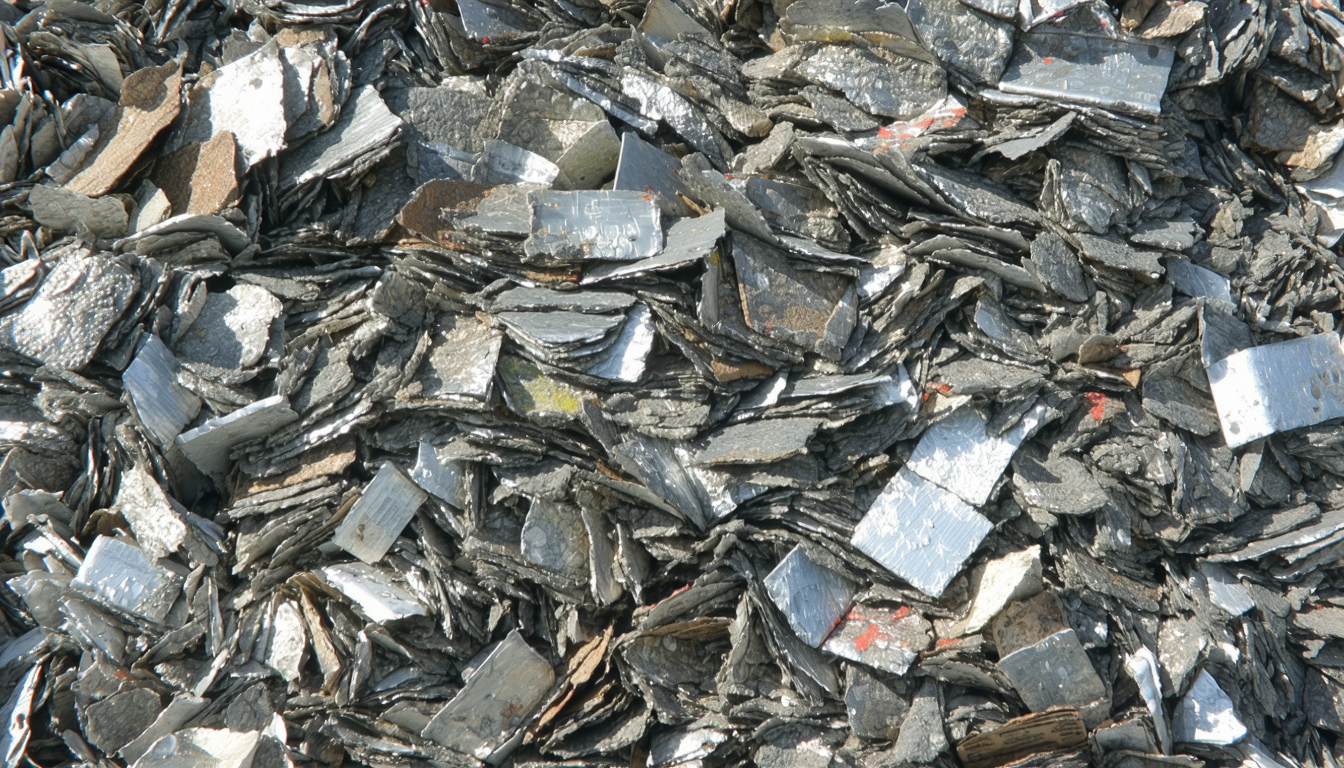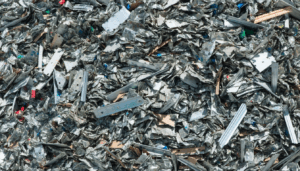In the heart of America’s industrial landscape, express metal recycling is gaining momentum as a critical solution for sustainable waste management and resource conservation. This fast-paced sector focuses on the rapid collection, processing, and repurposing of scrap metal, helping businesses and communities reduce environmental impact while boosting economic returns. Recent advancements in technology, coupled with growing regulatory support, have positioned express metal recycling as a cornerstone of the circular economy in the United States. This article explores the latest developments, their significance, and what lies ahead for this dynamic industry.
The Rise of Express Metal Recycling in the U.S.
Express metal recycling refers to streamlined services that prioritize speed and efficiency in handling scrap metals like steel, aluminum, copper, and brass. Unlike traditional recycling methods, these services often provide same-day pickups, on-site processing, and immediate payouts to clients. In 2023 alone, the U.S. metal recycling industry processed over 40 million metric tons of scrap, according to data from the Institute of Scrap Recycling Industries (ISRI). Express services have carved out a significant niche by catering to small businesses, construction firms, and manufacturers needing quick turnarounds.
This growth is driven by rising demand for recycled materials amid global supply chain challenges. With raw material costs soaring, companies are turning to recycled metals as a cost-effective alternative. Express metal recycling firms are stepping up to meet this need with innovative logistics and customer-focused solutions.
Technological Advancements Fueling Efficiency
One of the most exciting trends in express metal recycling is the adoption of cutting-edge technology. Automated sorting systems using artificial intelligence (AI) and robotics are now capable of identifying and separating metals with unprecedented accuracy. A 2023 report by the U.S. Department of Energy highlighted that AI-driven sorting can increase processing speeds by up to 30%, reducing operational costs for recyclers.
“Technology is transforming how we handle scrap metal,” says Dr. Emily Carter, a materials science expert at Stanford University. “With AI and real-time data analytics, express metal recycling companies can optimize every step of the process, from collection to resale.” These advancements not only improve efficiency but also ensure higher-quality recycled materials for manufacturers.
Economic and Environmental Impacts
The impact of express metal recycling extends beyond business efficiency—it plays a vital role in environmental conservation. Recycling one ton of steel saves approximately 1.5 tons of iron ore and reduces greenhouse gas emissions by up to 80%, per ISRI statistics. As U.S. cities push for greener policies, express recycling services are becoming essential partners in meeting sustainability goals.
For stakeholders, including small businesses and large corporations, these services offer financial benefits. Quick cash payments for scrap metal provide immediate liquidity, while reduced waste disposal costs lower overheads. Communities also gain from cleaner environments and job creation—express recycling operations have generated over 500,000 direct and indirect jobs nationwide.
Regulatory Support and Challenges
Government policies are shaping the future of this industry. In early 2023, the U.S. Environmental Protection Agency (EPA) introduced incentives for companies adopting sustainable waste management practices, including tax breaks for recyclers. However, challenges remain. Some states have inconsistent regulations on scrap metal trade, leading to logistical hurdles for express metal recycling firms operating across borders.
Industry leaders are calling for unified standards to streamline operations. “A cohesive regulatory framework would help us scale faster,” notes John Matthews, CEO of RapidMetal Solutions, a leading express recycling provider. Balancing compliance with profitability will be key to sustaining growth in this sector.
Future Outlook for Express Metal Recycling
Looking ahead, the potential for express metal recycling in the United States is immense. Analysts predict the industry could grow by 7% annually through 2030, driven by urbanization, infrastructure projects, and stricter environmental mandates. Emerging technologies like blockchain for supply chain transparency could further enhance trust and efficiency in metal trading.
While optimism abounds, stakeholders must address issues like fluctuating metal prices and labor shortages. A balanced approach—combining innovation with policy advocacy—will ensure the industry’s long-term success. As America strives for sustainability, express metal recycling stands as a beacon of progress in transforming waste into wealth.
In conclusion, express metal recycling is redefining resource management in the U.S. with its speed, innovation, and environmental benefits. From technological breakthroughs to economic gains, this sector is poised to play a pivotal role in shaping a greener future. As challenges persist, collaboration among businesses, policymakers, and communities will be crucial to unlocking its full potential.
Frequently Asked Questions (FAQ)
-
What is express metal recycling?
It is a specialized service focused on rapid collection, processing, and repurposing of scrap metals, often offering same-day solutions for businesses and individuals. -
Why is it important in the United States?
It supports sustainability by reducing waste, conserving resources, and cutting emissions while providing economic benefits through job creation and cost savings. -
How does technology impact this industry?
Innovations like AI sorting systems increase efficiency, lower costs, and improve the quality of recycled materials for reuse. -
What challenges does the industry face?
Key issues include inconsistent state regulations, fluctuating metal prices, and labor shortages that can hinder scalability. -
What’s next for express metal recycling?
Growth is expected through technological advancements, supportive policies, and increased demand for sustainable practices in industries nationwide.





